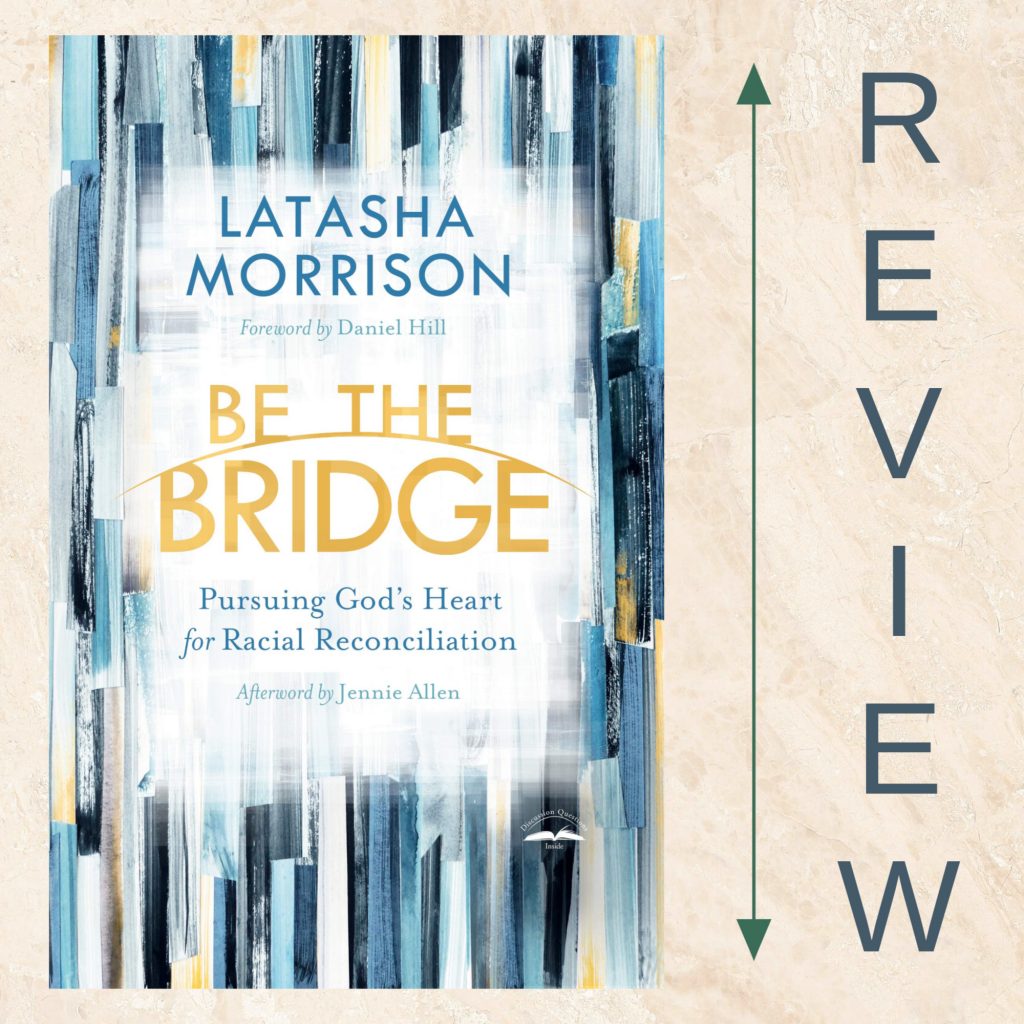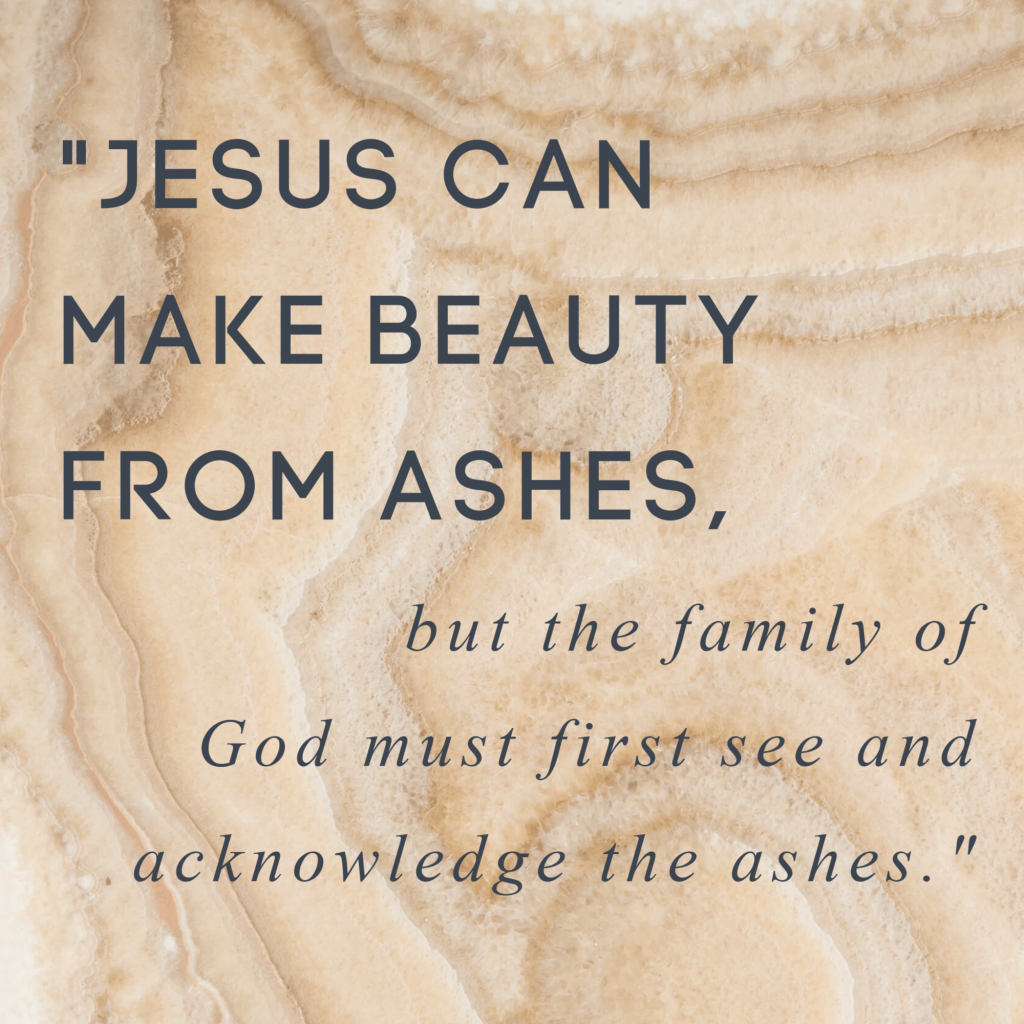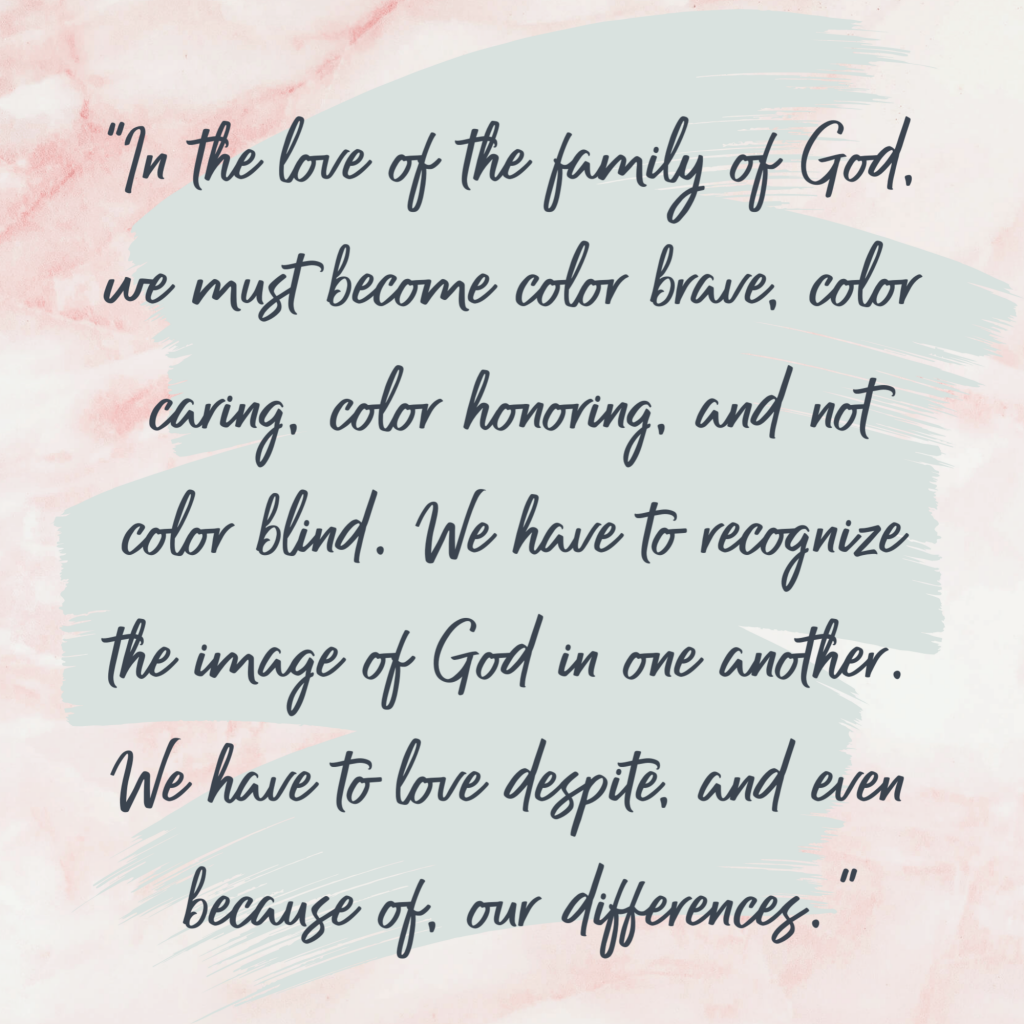The past few years have seen me on a journey towards developing an awareness of racism in America and recognizing my own complicity in this problem. Through much reading and listening to the voices of people of color, I’ve grown increasingly convinced that racism is antithetical to the Gospel, and I have felt convicted to do my part in bringing about healing. For a while, it was easy to set these convictions aside, waiting for a better time to get involved in this important but seemingly non-urgent issue.
In the aftermath of George Floyd’s death and the sudden public awareness of the racial divide in our nation, I realized that I could no longer sit on the sidelines while others fought for restoration, healing, and peace. Though I feared speaking out would seem disingenuous—adding my voice to a plethora of white woman engaging in performative allyship—I couldn’t remain silent. It was a good beginning, but I refuse to let this become an issue-of-the-moment for me: while speaking up was a step, it was just the start of what I hope to be a lifelong pursuit of justice and reconciliation. And because I still have great deal to learn about this subject so I can know how to move forward, I needed to do some more reading.

I’ve read other anti-racism books in the past, and none have truly resonated with me. I can’t say whether the problem lay with the books themselves or with my own heart as I read them. Despite those past reservations, I knew I needed to dig deeper into the anti-racism canon and decided to start with a book already sitting on my bookshelf. I received a copy of Be the Bridge at a conference I attended back in February. It’s unlike me to delay reading a book on my shelf, and I now consider the timing to be God-ordained: my heart and mind needed to be softened by our current movement to be open to the truths this book needed to teach me.
Latasha Morrison is a leading voice in the fight for racial justice within the Christian community. Tasha’s own awareness of the racial injustice in America began with a college course on African American History, and her awareness intensified when she became part of the (mostly white) staff of a church in Austin, Texas. Tasha was disheartened by the church’s lack of credibility for the work of racial reconciliation and felt called to become a bridge-builder between the majority and non-White cultures.
Tasha was joined by a group of fellow believers committed to meeting monthly to discuss the history of racism in American Christianity and push deeper into reconciliation and relationship. The conversations held around that reconciliation table served as a launching point for Be the Bridge, an organization committed to bringing the reconciliation power of the Gospel to the racial divide in America, and a movement whose principles are presented in this transformative book.
Be the Bridge (the book) is divided into three sections: in Part One, Tasha examines the history of racism in America and leads readers through the crucial process of acknowledgment and lament. In Part Two, we work through roadblocks to reconciliation and push forward into confession and forgiveness. Part Three focuses on the restorative work of repentance, making amends, and ultimately reconciliation. Through engaging storytelling, Tasha brings these steps to life with examples from history and from her own experiences. At the end of each chapter are thoughtful prayers that point our hearts back to the Lord and invite Him into this challenging but essential work.

In witnessing the events of the past several weeks, I’ve come to believe that Jesus is the only hope for racial reconciliation in America. Our nation is too divided and our history too fractured for healing to be achieved without the power of the Gospel. Be the Bridge is an invaluable tool for Christians as we seek complete and total redemption in this issue that has devastated our nation for too long.
Other books on racism center around the problem of racial injustice, exacerbating tensions through white-shaming and victim mentalities. In contrast, Be the Bridge is solution-driven, focusing on how we can achieve true healing and reconciliation. Tasha is an admirable leader in this work, modeling empathy, humility and a genuine heart for peaceful change. Tasha does not shy away from the atrocities wrecked by racism, but she guides readers beyond our shameful past and into a hopeful future.
I won’t sugarcoat it, this book was a very difficult read for me. I read it slowly and bathed each reading session in prayer, followed by heartfelt times of journaling, soul-searching, and reflection. I paid attention to moments when I found myself growing defensive or judgmental, and I asked the Lord to reveal my own sinfulness and misguided thinking. God fully delivered on this request and I discovered how wrong I have gotten issues of race in the past. Be the Bridge completely transformed my thinking on a number of issues, specifically in the areas of confession and making amends. The book revealed how much more work I have to do, but I am fully committed to moving forward.
I am so thankful to Latasha Morrison for paving the way for reconciliation within the church and beyond. If this is an issue that God has put on your heart, I would adamantly urge you to begin with this book. I would also encourage you to listen to the Be the Bridge podcast and explore other ways to get involved in this organization.
